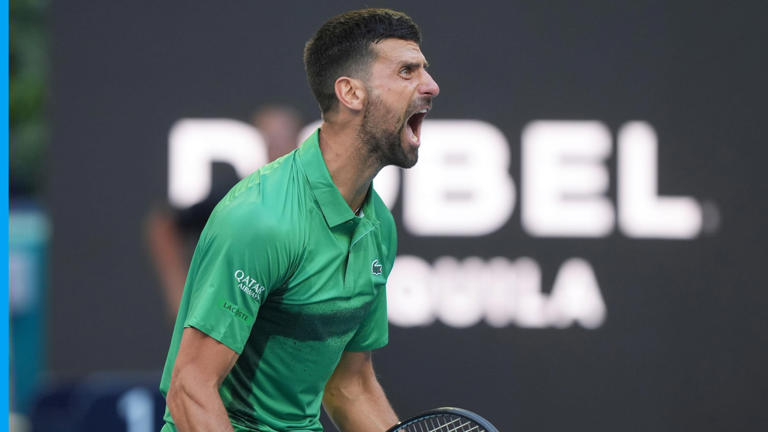So, I got this idea a while back, trying to figure out Novak Djokovic’s matches. You know, just for fun, trying to predict if he’d win his next game.

It all started because I’m a big fan, obviously. And I kept seeing all these experts and stats guys talking predictions. I thought, heck, maybe I can rig up something simple myself. Didn’t want anything fancy, just something basic to see if I could get it right sometimes.
Getting Started – Just Pen and Paper
First thing I did was grab some old match results. I didn’t use any special tools or databases. Honestly, I just went to a few sports websites and started jotting down stuff in a notebook.
- Who did he play?
- What was their rank?
- What surface was it? Grass, clay, hard court?
- Did he win or lose? What was the score?
Yeah, super basic. After a while, I moved this stuff into a simple spreadsheet just to make it easier to look at. I wasn’t thinking about complex algorithms or anything. Just looking for simple patterns, you know?
Trying to Make Sense of It
My first thought was simple: maybe check his record on different surfaces against different ranks. So I started filtering the spreadsheet. Okay, how does he do on hard courts against top 10 guys? How about clay against guys ranked outside the top 50?
Then I tried to make a sort of ‘prediction score’. This was totally made up by me. I started giving points based on simple rules I thought might matter:

- Playing on hard court? +1 point (he’s good on hard)
- Opponent ranked below 20? +1 point
- Did he win his last match easily? +1 point
- Playing on clay against a known clay specialist? -1 point
Stuff like that. Really rough. I kept tweaking these rules, adding a point here, removing one there, trying to see if it matched past results better.
The Reality Check
So, I had my little system in the spreadsheet. I tried using it for a few upcoming tournaments. I’d plug in the opponent and the surface, calculate my score, and make my ‘prediction’.
Well, let me tell you, it was a mixed bag. Sometimes it got it right, especially the obvious matches. But other times, it was way off. An upset would happen, or he’d struggle against someone my system said should be easy.
I tried adding more things. Like maybe his head-to-head record against that specific player mattered more? Or how many matches he’d played recently? But the more stuff I added, the messier the spreadsheet got. And honestly, the predictions didn’t really improve much. It just became more work to track everything.
What I Learned
After messing around with this for a few weeks, I kind of gave up on my little prediction project. It was fun to try, but I realized predicting sports outcomes isn’t just about plugging in a few numbers.

There’s so much other stuff that matters – how the player is feeling mentally, maybe a small injury, the specific tactics for that day, just pure luck sometimes. My simple spreadsheet couldn’t capture any of that.
So, yeah. My Djokovic prediction attempt didn’t turn into anything revolutionary. It mostly taught me that predicting sports is really, really hard. It was a fun little experiment to pass the time, though. Showed me that the real game is way more complex than just looking at past results.





